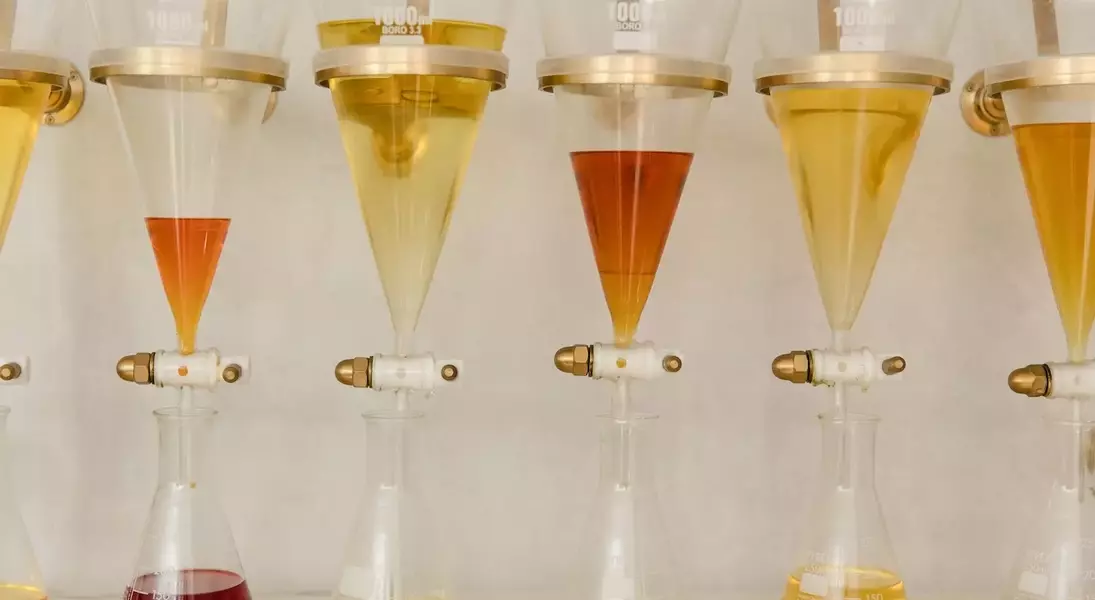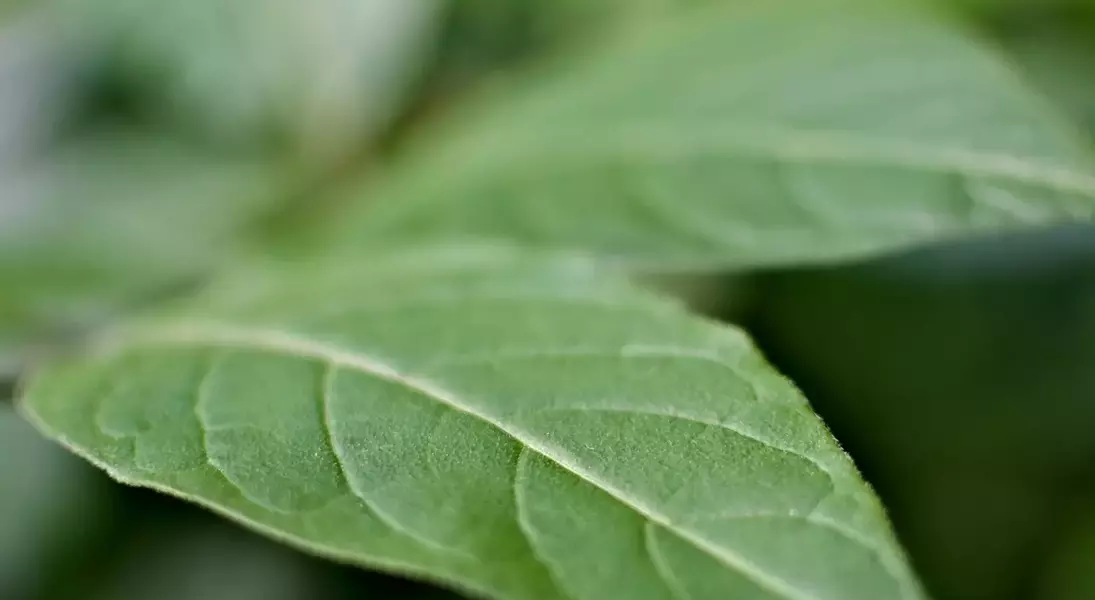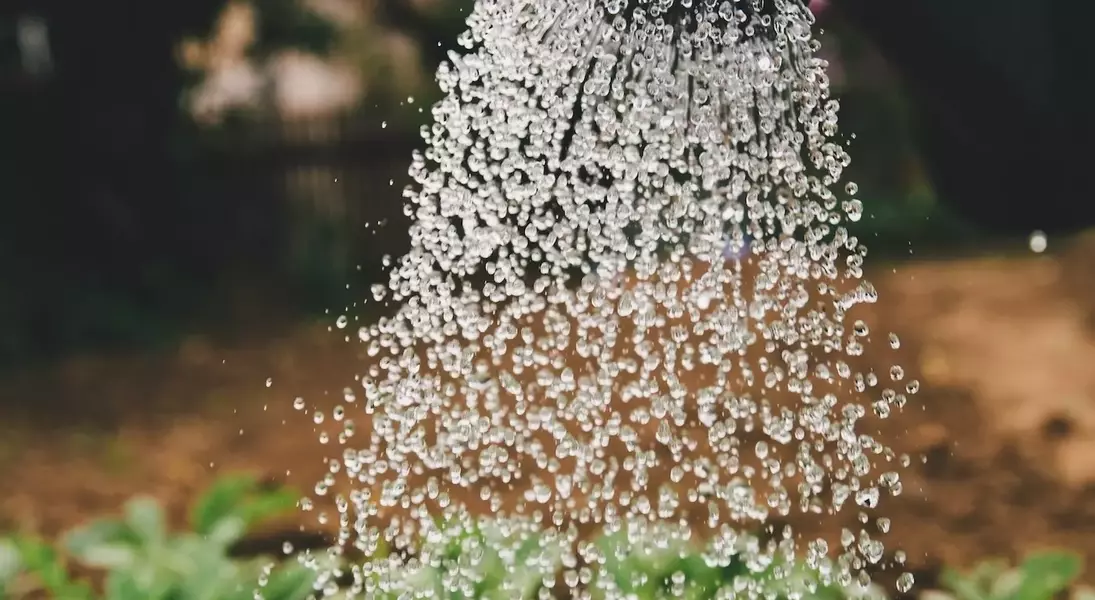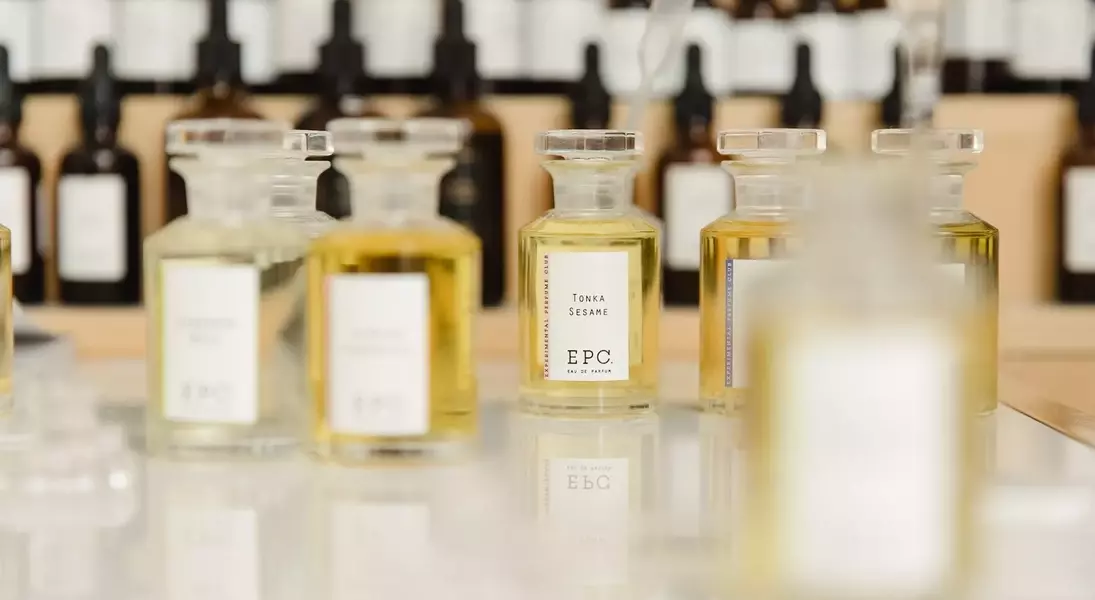








In the world of perfumery, the debate over natural versus synthetic ingredients has taken an intriguing turn. Traditionally, consumers have favored natural components for their perceived purity and authenticity. However, recent developments reveal that synthetic alternatives may offer a more sustainable and ethical choice. This article explores the complexities behind fragrance production, examining the environmental and ethical implications of sourcing both natural and lab-created ingredients.
Exploring the Complexities of Fragrance Production
In the aromatic tapestry of modern perfumery, certain natural materials carry a heavy ecological burden. For instance, in the lush landscapes where sandalwood grows, overharvesting has led to deforestation and endangered tree species. Similarly, agarwood's scarcity has driven its natural sources to near extinction. Even seemingly innocuous crops like roses and vanilla require vast resources, straining water supplies and land usage.
Ethical dilemmas further complicate the picture. Historically, musk and ambergris were sourced from animals, raising conservation concerns. Today, plant-based ingredients like vanilla often involve exploitative labor practices, particularly in Madagascar, where farmers receive meager wages despite producing 80% of the global supply. In contrast, laboratory innovations are crafting molecules that mimic these scents without harming ecosystems or exploiting workers.
Companies at the forefront of this revolution include Firmenich and Givaudan, pioneers in developing eco-friendly alternatives such as Ambrox Super and Akigalawood. These breakthroughs reduce reliance on animal-derived products and minimize resource consumption, paving the way for a more sustainable future in fragrance creation.
As technology advances, artificial intelligence is aiding perfumers in discovering new compounds that honor nature’s beauty while respecting its limits. Brands are also exploring upcycling methods, repurposing agricultural byproducts into exquisite scents, thus minimizing waste.
A Balanced Approach to Perfumery
This exploration underscores the importance of balance in fragrance production. While some responsibly sourced natural ingredients remain viable options, embracing synthetic alternatives can significantly mitigate environmental and ethical challenges. By combining innovation with mindfulness, the industry can craft captivating scents that resonate with our senses while safeguarding the planet. The journey toward sustainability isn't straightforward, but with thoughtful choices, we can redefine the art of perfumery for generations to come.
